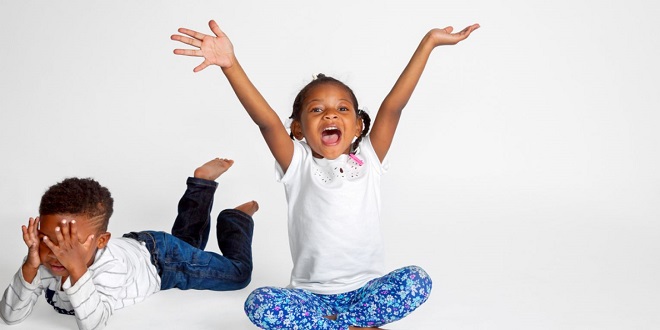Individual Differences In Sibling Relationships

From infancy to adolescence, relationships between siblings are emotionally powerful. Observational studies report that for some siblings, the majority of interactions between siblings are intensely negative, for others positive emotions are frequently expressed, for others the emotional quality is ambivalent. Continuities in the emotional quality of the relationship are evident from preschool years through middle childhood
SIBLING RELATIONSHIPS AND PARENT CHILD RELATIONSHIPS
Positive relationships with parents are linked to friendly, caring relationships between siblings, while negative relationships between parents and children are associated with sibling hostility. Children who have secure attachment relationships with their parents are reported to have positive relations with their siblings.
But causal conclusions cannot be drawn from these associations while such links are often interpreted as evidence for parental influence, it could well be that children’s temperamental qualities contribute to difficulties in relationships with both sibling and parent. While a sunny, easy-going child’s temperament may contribute to positive relationships with both parents and siblings, constant quarrelling between siblings may contribute to difficult parent–child relationships, and indeed to difficulties in the relations between parents.
SIBLINGS AND THE DEVELOPMENT OF SOCIAL UNDERSTANDING
A striking feature of sibling relationships is their intimacy. Siblings know each other very well. When young they spend more time interacting with their siblings than with their parents or friends, and from very early in childhood know how to upset, tease and irritate their siblings as well as how to comfort and amuse each other. Sibling research has given us an important new perspective on a key aspect of cognitive development – children’s discovery of the mind.
The growth of children’s understanding of emotions, thoughts and beliefs, and the links between these inner states and people’s behaviour is a core feature of early cognitive development, and one in which sibling relations can play an important part. Children with siblings begin to show powers of anticipating others’ intentions, sharing an imaginative world
SIBLING INFLUENCES ON ADJUSTMENT
Evidence for links between children’s relationships with their siblings and their aggressive oppositional behaviour, and also their internalizing (worrying, anxious and depressive behaviour) has accumulated. The influence is both from older to younger siblings and vice versa. Low levels of prosocial behaviour (caring, empathetic and helpful, supportive behaviour) are associated with hostility between siblings and the development of conduct problems .
These patterns are independent of the contribution of poor parent–child relationships, and are evidence for direct effects of sibling conflict and negativity on children. Indirect effects of siblings on adjustment have also been found, for instance in the impact of differential parent–child relations on children’s adjustment problems
INTERVENTION PROGRAMMES AND SIBLING RELATIONSHIPS
The frequent conflicts between siblings, the evidence for sibling bullying and for links between sibling disputes and children’s aggressive behaviour has led to an emphasis on reducing sibling conflict as the key mechanism for improving the relationship [18], for example by training parents [19]. The short-term effects of parental mediation (encouraging reasoning, discussion of emotions,
and taking the perspective of the other child) were studied with 5–8-year-olds in Canada. Children responded appropriately to the mediation, and the programme empowered children to solve conflict issues. These programmes do lead to reduced





